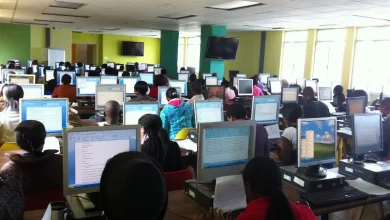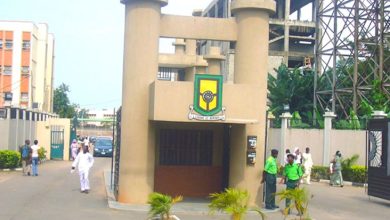VCs misinforming public on poly lecturers’ salaries- ASUP

The Academic Staff Union of Polytechnics, on Wednesday, accused the Committee of vice-chancellors of Federal Universities of misinforming the public about the state of salaries of chief lecturers in polytechnics.
In a statement signed by the Secretary General of ASUP, Abdullahi Yalwa, and made available to our correspondent in Abuja, the union noted that the claim of the VCs that chief lecturers in polytechnics earnde more than professors could cause issues during the negotiations of polytechnic lecturers.
The statement read, “ Our Union’s attention has been drawn to a statement from the Committee of Vice Chancellors of Nigerian Universities contained in the report submitted by the body to the government during the meeting of Vice Chancellors, Chairmen of Governing Councils of Federal Universities and the Minister of Education on September 6, 2022.
“An extract from the submission made by the CVCNU was emphatic in conveying the erroneous impression that chief lecturers in Nigeria’s polytechnics (and colleges of education) earn more than professors in the nation’s universities.
“The position of the CVCNU was made in order to justify the legitimate demands of our sister union, the Academic Staff Union of Universities for a wage increase.
While we understand the disposition of the CVCNU to support the aspirations of ASUU, putting out fallacious statements as it affects the emoluments of other workers in the other tiers of tertiary education in the country will only undermine same aspiration,
“Apart from the falsehood, it is improper for the CVCNU to have made such statement at a time that our Union is also renegotiating emoluments for our members as it has the potentials of creating the wrong impression about the emoluments of workers in polytechnics and Colleges of Education, thereby undermining the ongoing renegotiation process between the FGN and Polytechnics.
“Without doubt, the CVCNU has access to the salary structures of the different cadres of staff across the tertiary education landscape and therefore has no basis to indulge in needless extrapolation. The agitation for wage review in the university system can indeed proceed creditably without such fallacious reference by parties as such can only breed needless rivalry in the sector”.
Punch






